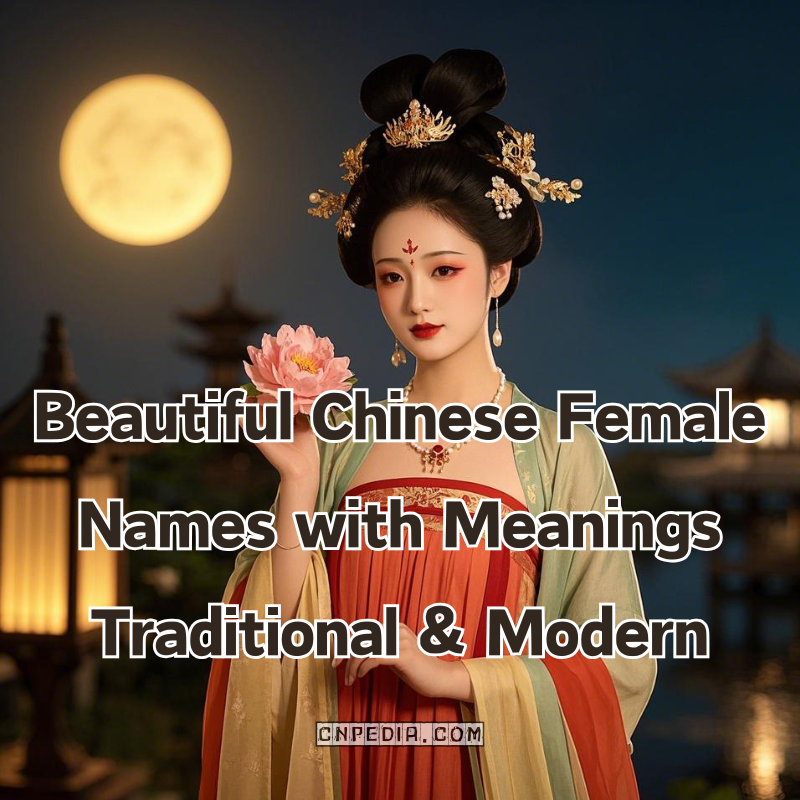
己所不欲,勿施于人。——孔子(jǐ suǒ bù yù, wù shī yú rén — Kǒngzǐ) Translation: “What you do not desire, do not impose upon others.”Explanation: This principle, known as the Silver Rule (the negative counterpart to the Golden Rule), forms a cornerstone of reciprocal ethics across global philosophical traditions. Attributed to Confucius in the 5th century BCE, it establishes moral boundaries through prohibition rather than prescription. Unlike Christianity’s proactive injunction to “love thy neighbor,” which urges affirmative benevolence, the Silver Rule carves out negative moral space—a framework of restraint that prioritizes avoiding harm over mandating virtue. By focusing on what not to do, it offers a minimalist yet universal ethical guideline, adaptable to diverse cultural and temporal contexts. The Silver Rule’s influence permeates two...

学而时习之,不亦说乎?——孔子(xué ér shí xí zhī, bú yì yuè hū — Kǒngzǐ) Translation: “To learn and timely practice—is this not joy?”Explanation: Confucius’ maxim “To learn and timely practice—is this not joy?” challenges the ritualized, rote-learning traditions of the Western Zhou aristocratic education system, which prioritized memorization of ceremonial texts over practical application. By redefining xi (习, “practice”) as active implementation rather than passive repetition, Confucius reframed education as embodied knowledge—a dynamic unity of knowing and acting (zhi xing he yi). The character 习 originally depicted “wings flapping” in oracle bone script, symbolizing knowledge taking flight through real-world engagement. This philosophy anticipates modern pedagogical theories like heutagogy (self-directed learning), where learners internalize and adapt knowledge through experiential cycles of reflection and practice....

君子和而不同,小人同而不和。——孔子(jūn zǐ hé ér bù tóng, xiǎo rén tóng ér bù hé — Kǒngzǐ) Translation: “The noble harmonize without uniformity; the petty uniformize without harmony.” Explanation: Confucius presents a dialectical vision of social cohesion by contrasting the moral conduct of junzi (noble individuals) and xiaoren (petty-minded individuals). The junzi cultivate harmony (he) not by imposing sameness but by embracing diversity and mutual respect, reflecting the inclusive ethos of the Zhou Dynasty’s ritual-music system, which balanced hierarchical order with cultural pluralism. In contrast, xiaoren seek superficial uniformity (tong) through coercion or rigid conformity, mirroring the hegemonic power politics of Confucius’ era during the Spring and Autumn Period, where authority suppressed dissent. This philosophical distinction underscores Confucius’ belief that true unity arises...

Looking for the perfect Chinese name that’s both meaningful and beautiful? Explore our handpicked collection of 300 stunning Chinese female names, where ancient traditions meet modern style. Whether you’re naming a baby, studying Chinese culture, or just love the art of names, this guide has you covered. Every name comes with its English meaning—like Yulan (Jade Orchid) for nature lovers or Xinyi (Joyful Heart) for a cheerful vibe. Discover traditional names rooted in poetry and history, alongside modern picks inspired by today’s trends. Plus, learn the cultural stories and origins behind each name—why “Mei” (美) means “beauty” and how names reflect values like kindness and strength. Simple, fun, and full of surprises—find a name that’s not just a word, but...

Love transcends time and culture, yet capturing its essence remains elusive. This collection of 100 Chinese love quotes bridges millennia—Confucian wisdom whispers beside modern neuroscience, Tang poetry dances with digital-age romance. Each bilingual gem dissects love’s heartbeat: Why do ancient metaphors mirror fMRI scans? How can a Ming Dynasty line redefine your dating app bio? Whether you’re a romantic, linguist, or curious soul, these quotes are keys to decoding affection’s universal code. Ready to see how ancient verses can spark modern romance? Scroll below—where cultural heritage becomes your newest love language. Spoiler: #76 will redefine “soulmate.” 1. 你若安好,便是晴天。 (nǐ ruò ān hǎo, biàn shì qíng tiān) Translation: “If you are well, every day is sunny.”Literary Source: Inspired by Daoist texts...

Chinese proverbs are concise phrases rooted in folk wisdom, philosophical thought, and historical stories, distilling the essence of Chinese culture. This curated collection, compiled by ZhengHe of cnpedia.com, features 200 classical proverbs and quotes complete with original Chinese characters, English translations, and cultural annotations. It systematically showcases traditional wisdom, such as the dialectical wisdom of “Sai Weng Shi Ma” (A blessing in disguise) and the practical philosophy of “Dripping Water Pierces Stone” (Persistent effort yields success). These millennia-old aphorisms reflect survival principles from agrarian societies while embodying the essence of Daoist and Confucian philosophies. Serving as both linguistic gems and keys to understanding Chinese thought patterns, they are invaluable for cross-cultural communication and Chinese language education. 1. 人生天地之间,若白驹过隙,忽然而已。——庄子 (rén shēng...

Welcome to WordPress. This is your first post. Edit or delete it, then start writing!






